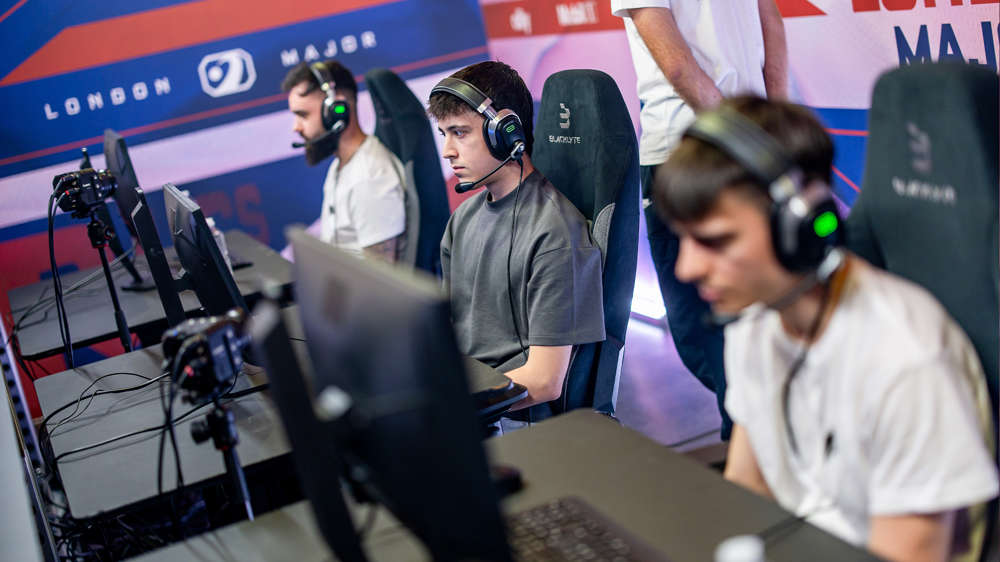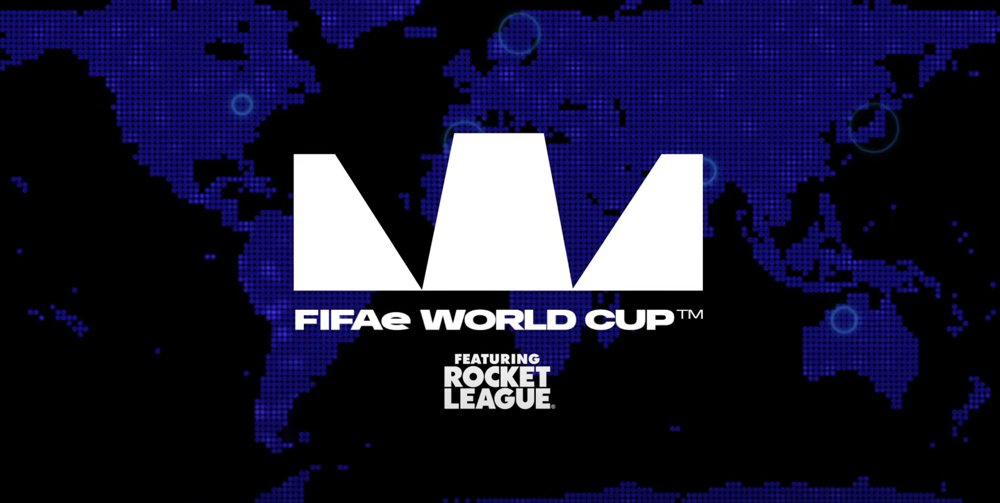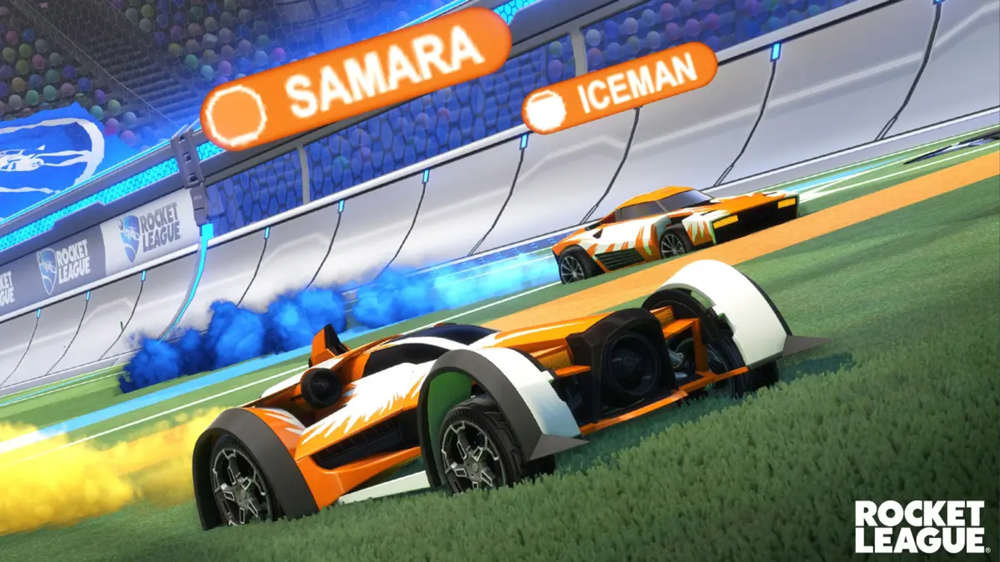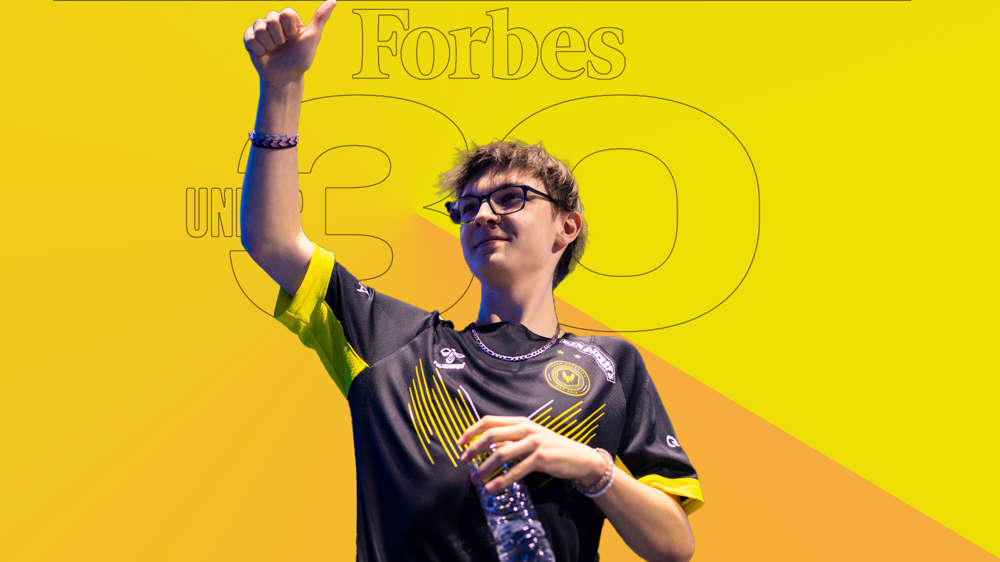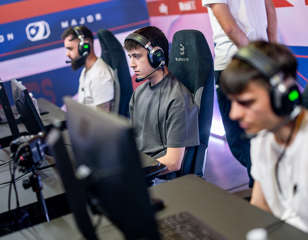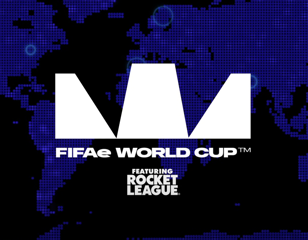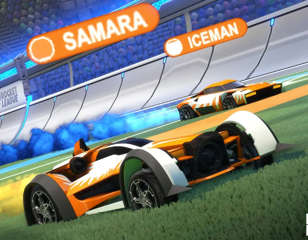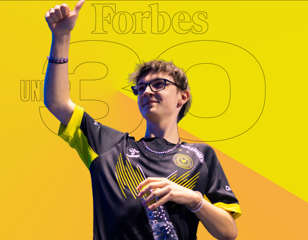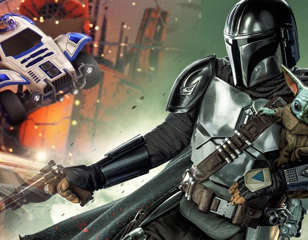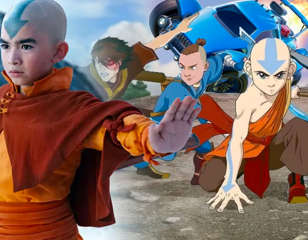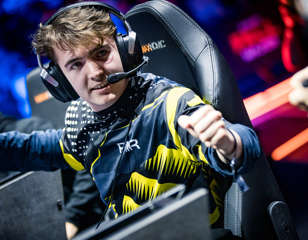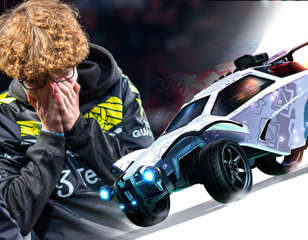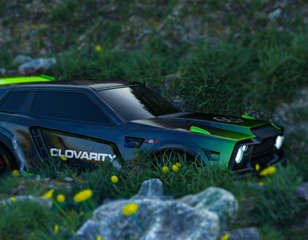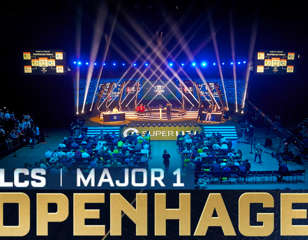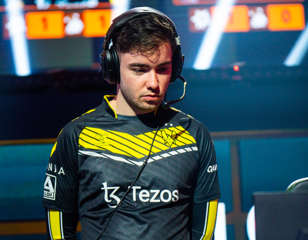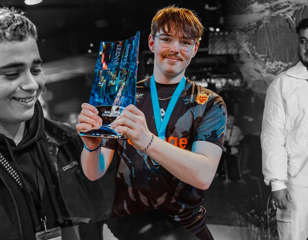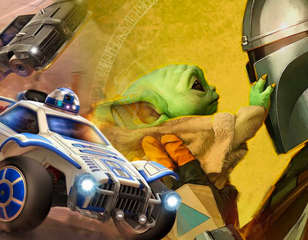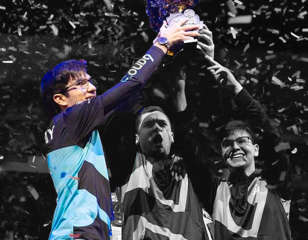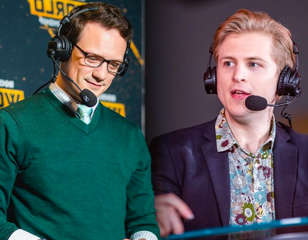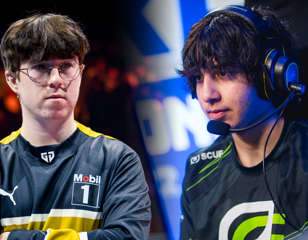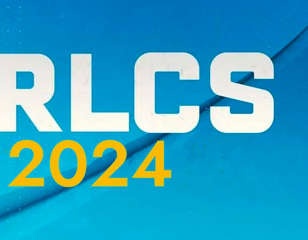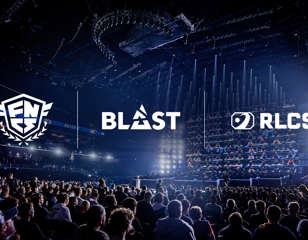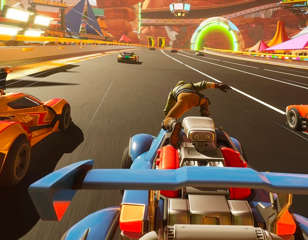How can Rocket League Esports Attract a Mainstream Audience?
After nine seasons of RLCS, Rocket League esports has a dedicated fanbase, but how can it grow?

Jens Koornstra
13th Jun 2020 16:00
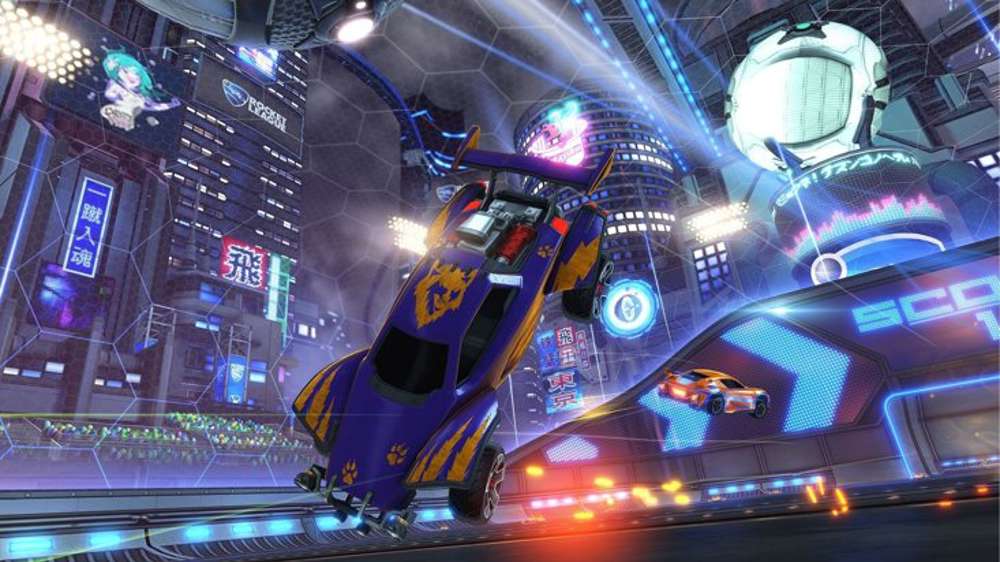
Rocket League is easy: it’s football with cars. Sure, there are some mechanics that you don’t know about if you’re not familiar with the game, but in general, everyone can understand what’s going on. Car hits ball. Ball goes in goal.
This makes Rocket League the perfect esport for people who are new to the world of competitive gaming. It’s easy to follow and not violent, so you’d think broadcasters and advertisers are eager to jump in. What can be done to make Rocket League Esports appealing to a wider mainstream audience?
Building from the ground up
Esports is not the same as traditional sports, but they have similarities. Sometimes it can be useful to look at traditional sports and see what makes them so popular with their audience. Michael Sepso, co-founder of Major League Gaming, put a lot of thought into that. He said during an interview at GamesBeat 2016:
"You need to have a gigantic talent development system. When you look at a pro league like the NFL, that is the very tip of the iceberg in terms of people who are playing competitively. You have teams in high school, in college… that gets skipped over a lot of times with the race to have a pro league in esports. So, we spent a ton of time building out that bigger system that develops talent from the ground up."
With a system in place to support low-level competition, you can create a welcoming environment for new players and fans. Sepso also mentions the importance of this participation.
"I think the advantage that gaming has is that participation is so high. Every male millennial, essentially, is playing some form of videogame, and more and more are playing it online and competitively. We can engage that entire system to create a great talent development system. And that then becomes the core audience for the esports. That’s something MLG focussed on heavily."
Rocket League seems to have found that audience: more than 280,000 people tuned in to watch the RLCS Season 8 World Championship in December 2019, and that number has been steadily growing over the years.
Read More - Should RLCS Go Exclusive?
Going mainstream
It’s clear that the hardcore fans of esports know to find Rocket League on Twitch and YouTube. But what about the more mainstream audience? How to introduce them to esports and get them interested in Rocket League has proven to be a difficult task. It is, however, a task that Psyonix is looking to take on whenever they get a chance.
Because COVID-19 meant some sports had to cancel their events, ESPN2 had some space in their broadcasting schedule to showcase esports. For Rocket League, the finals of the NA Spring Series got the honour of being on television, as well as on Twitch and YouTube. For the occasion, American soccer player Landon Donovan was brought on. He had clearly no experience with the game, which gave the experienced casters the opportunity to explain certain elements of the game to a new audience. Donovan could ask simple questions, and they could educate him and the audience on the mechanics and strategies of the pro players.
Unfortunately, this change of pace meant that much of the hype you normally see from the casters wasn’t there. Even though it might be necessary for new viewers, the regular audience has to put up with a slower and less entertaining broadcast. One of the casters tried to explain what dribbling was in Rocket League, and Donovan started to talk about his history with indoor football when a great goal happened. The idea was alright, but the execution wasn’t quite there.
The broadcast on ESPN2 also shows that mainstream TV can only do so much for esports engagement. The NA Spring Series finals were watched by 95,000 people on ESPN2 but over 136,000 people on Twitch at its peak. This begs the question if there even is a potential audience outside of the current fanbase.
The European Spring Series could also be watched on another platform than usual: the BBC broadcast not just the finals, but the whole event online and on the digital TV channel BBC Sport. Here, there was no change in casting style or anything like that. With no way to facilitate the viewers’ experience for newcomers, it seems like this was just another way for the regular viewers to watch their esports.
New approaches
These different approaches could show that meeting midway might work better: keeping the casting in the hands of the professionals but getting an outsider on the desk to appeal to a broader public. Pre- and post-game analysis can be helpful for new viewers, and it doesn’t disrupt the flow of the matches. If the regular fans can accept that this is necessary to grow the esport, this might be something we’ll see more often.
Another approach might be setting up a different broadcast when the viewers have different needs. This is already done for streams in different languages: the casters receive the footage from the production team and can then provide their own commentary or even their own graphics and overlays. This is also a lot more expensive and a lot more work for the organisers, so it might not always be a viable option.
There is still a lot of potential in the production of competitive Rocket League broadcasts. The experiences with mainstream media over the last few months have been mostly positive, and they can help Psyonix to learn what works best for this esport and expand on that in the future.
Stay tuned here at GGRecon for more Rocket League Esports insights.
Image via Rocket League Official Website

About The Author
Jens Koornstra
Jens is an Applied Linguistics student who writes freelance esports content for GGRecon, Rocketeers and RLAftershock. He is especially passionate about the Rocket League scene and has been following it closely since RLCS Season 1. He attended the RLCS Season 2 grand finals as a fan, and the Season 8 grand finals as a reporter. Jens enjoys watching all kinds of esports, from Trackmania to Valorant, and likes to get involved with the esports and their communities.
